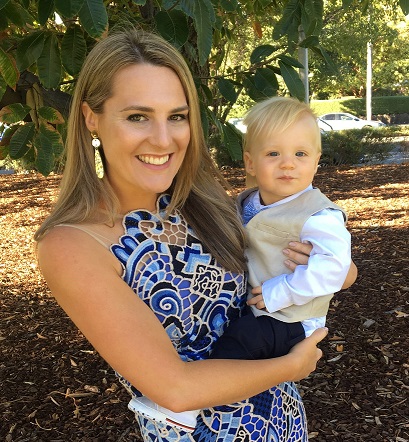-
Millions of Australians are living with depression. In fact, according to the latest Medibank Better Health Index – Australia’s most comprehensive quarterly health survey – the condition now affects 15.5% of Aussies1. The data also shows it is hitting young people hard, with the number of 18 to 34 year-olds suffering from depression jumping significantly since 2009-10.
Here we take a closer look at this common, yet complex mental health condition.
What is depression?
Depression is a serious condition that affects a person’s physical health, as well as their mental health.
While everyone might feel down, sad or moody from time-to-time—when someone has depression, they experience these feelings intensely, and for long periods of time, sometimes without any reason.
Types of depression
There are different types of depression and symptoms can range in severity. Some different types include:
- Major depression. Also known as major depressive disorder, clinical depression, unipolar depression or simply 'depression'.
- Antenatal and postnatal depression. The depression during pregnancy (known as the antenatal or prenatal period) and in the year following childbirth (known as the postnatal or postpartum period). Learn how to recognise the signs of postnatal depression.
- Bipolar disorder. When a person experiences periods of depression and periods of mania, with normal periods in-between.
- Cyclothymic disorder. Often described as a milder form of bipolar disorder, when a person experiences chronic fluctuating moods over at least two years, involving periods of hypomania (a mild to moderate level of mania) and periods of depressive symptoms, with very short periods (no more than two months) of normality between.
- Dysthymic disorder. Similar to those of major depression but the symptoms are less severe – although they last longer.
- Seasonal affective disorder (SAD). A mood disorder that has a seasonal pattern. Depression which starts in winter and subsides when the season ends is the most common.
What causes depression?
Depression is complicated and there are often a combination of factors that can contribute.
According to Medibank mental health nurse, Rachel Bowes, while we can't always identify the cause of depression, there are a number of things are often linked to its development.
“It’s believed that a variety of factors can contribute to bringing it on, ranging from genetics, to long-term difficulties such as an ongoing illness or social isolation. Recent life events such as losing a job or a loved one can also trigger depression in those at risk,” says Rachel Bowes.
Depression explained

-
Signs of depression
While it’s important to remember that everyone feels down sometimes, it’s equally important to know when it’s time to get help.
If you feel bouts of sadness tend to last for more than two weeks, or have lost interest or pleasure in usual activities, it’s worth speaking to a professional.
According to beyondblue, other common symptoms of depression may include:
- Feeling like you don't want to go out, not getting things done at work/school, an inability to concentrate, and withdrawing from close family and friends.
- Feeling overwhelmed, irritable, frustrated and lacking in confidence.
- Physical symptoms, like feeling tired all of the time, being sick and run-down, experiencing sleep problems and changes in appetite, and a sudden weight loss or gain.
Am I depressed? Organisations like Black Dog Institute or beyondblue have great resources, such as this simple checklist which aims to measure whether you may have been affected by depression over the past four weeks. Depending on your score, they may recommend that you see your GP or health professional for a more thorough assessment.
Treatment for depression
It’s important to know that depression can be treated, and the sooner you seek support, the sooner you can recover.
There are many different types of treatment, and finding one for you depends on your condition, circumstances, needs and preferences. Most people will benefit from one, or a combination of, lifestyle changes and social support, psychological or 'talking' therapies and medical therapies.
If you or someone you know is experiencing depression, there’s 24/7 support out there. For urgent support, reach out to the beyondblue Support Service or Lifeline on 13 11 14, or make an appointment with your GP.
Find out more about mental health in Australia
1 Medibank Better Health Index data collected by Roy Morgan Research, from October 2007 to September 2016
-
What causes bad breath?
Find out how to keep your mouth smelling fresh
-
Signs to look out for when a cold is getting more serious
When you should see a doctor for a cold.
-
The health checks to keep in mind at different stages in your life
Have you had these health checks?
-
Bowel cancer: risks, symptoms, diagnosis and treatment
Learn more about bowel cancer
-
Flu myths debunked
Is 'man flu' real? Can you catch the flu from the flu vaccine? We separate flu facts from flu fictions.
-
Where to get health support in Australia
An Overseas Student Health Cover member’s guide to key health services and when to use them.
Subscribe to receive the best from Live Better every week. Healthy recipes, exercise tips and activities, offers and promotions – everything to help you eat, move and feel better.
By clicking sign up I understand and agree to Medibank's privacy policy






